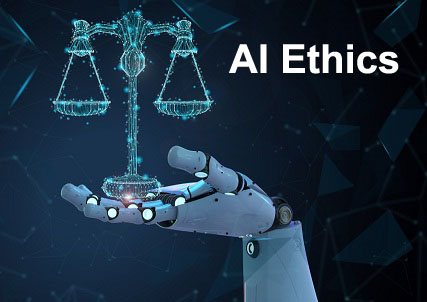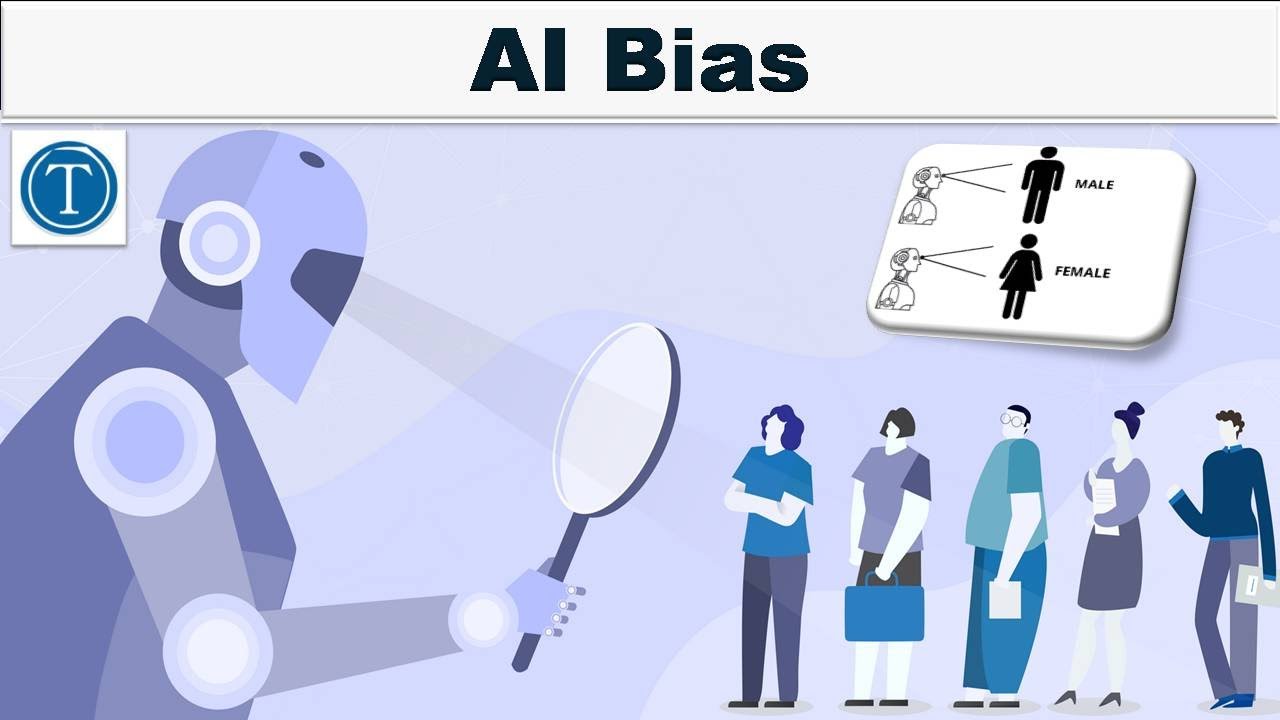Ethical Considerations in AI-Driven Healthcare

As artificial intelligence becomes increasingly integrated into healthcare systems, it brings not only technological challenges but also profound ethical questions. The intersection of AI and medicine requires careful navigation to ensure these powerful tools are deployed responsibly and equitably.
Core Ethical Principles in Medical AI
Several foundational principles should guide the development and implementation of healthcare AI:
1. Beneficence and Non-Maleficence
AI systems must be designed to actively promote patient well-being while minimizing potential harms. This requires:
- Rigorous clinical validation before deployment
- Continuous monitoring for adverse effects
- Clear protocols for when to override AI recommendations
2. Autonomy and Informed Consent
Patients have the right to understand and choose whether AI is involved in their care. Challenges include:
- Communicating complex AI concepts to patients
- Determining appropriate consent processes for different AI applications
- Respecting patient preferences regarding algorithmic involvement
3. Justice and Equity
AI systems must be designed and implemented to serve all patient populations fairly. Key considerations:
- Ensuring diverse representation in training datasets
- Monitoring for disparate impacts across demographic groups
- Addressing barriers to access for underserved communities
Key Ethical Challenges
1. Algorithmic Bias and Health Disparities
Multiple studies have demonstrated that AI systems can perpetuate or even amplify existing healthcare disparities:
- A 2019 study found an algorithm used on over 100 million patients systematically disadvantaged Black patients
- Facial recognition systems have shown lower accuracy for darker skin tones, impacting dermatology AI
- Language models may struggle with medical dialects and non-Western naming conventions

2. Transparency and Explainability
The "black box" nature of many AI systems creates challenges:
- Clinicians may struggle to interpret or trust opaque recommendations
- Patients have a right to understandable explanations of their care
- Liability becomes complicated when decision-making processes are unclear
3. Data Privacy and Security
Medical AI raises unique privacy concerns:
- Training data may contain sensitive health information
- Models can sometimes reconstruct or reveal protected data
- Secondary uses of health data often lack patient awareness or consent
"With great algorithmic power comes great ethical responsibility. We must ensure AI serves as a tool for health equity rather than a source of further disparity."
Regulatory and Governance Frameworks
Several organizations have proposed guidelines for ethical medical AI:
WHO Guidelines on AI for Health (2021)
Six core principles: protect autonomy; promote human well-being; ensure transparency; foster responsibility; ensure inclusiveness; promote responsive and sustainable AI.
FDA Framework for AI/ML-Based Software
Emphasizes real-world performance monitoring, algorithmic transparency, and human oversight for AI medical devices.
EU AI Act (Proposed)
Would classify medical AI as high-risk, requiring rigorous assessment and human oversight.
Practical Recommendations
For healthcare organizations implementing AI:
- Establish Multidisciplinary Ethics Boards: Include clinicians, ethicists, data scientists, and patient advocates
- Implement Bias Audits: Regularly assess algorithms for disparate impacts
- Prioritize Explainable AI: Choose interpretable models when possible
- Develop Clear Governance Policies: Define roles and responsibilities for AI oversight
- Engage Patients and Communities: Incorporate diverse perspectives in design and implementation
As medical professionals, we must remain actively engaged in shaping how AI is used in healthcare to ensure it aligns with our fundamental ethical commitments to patient care.



